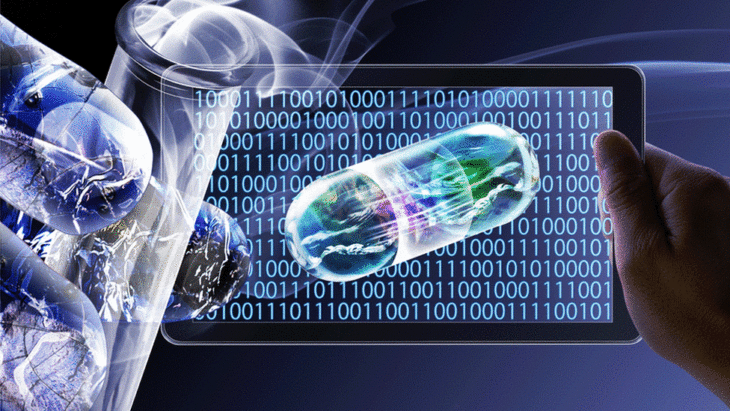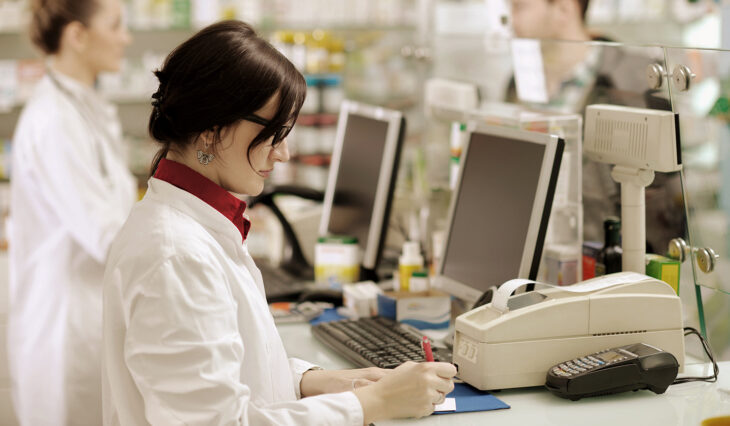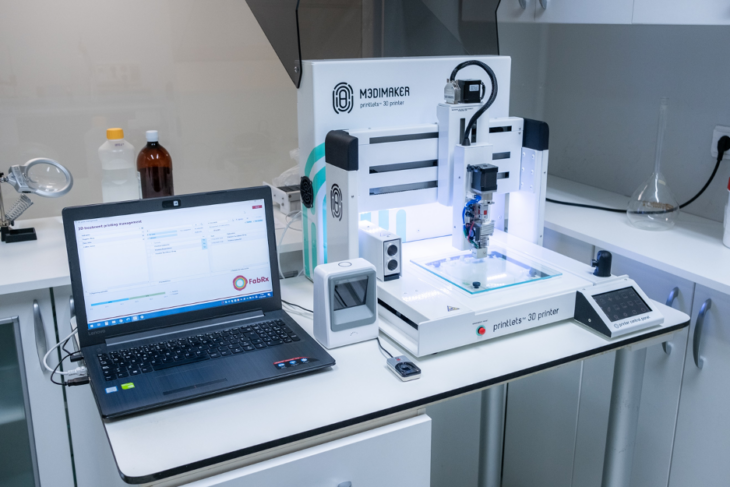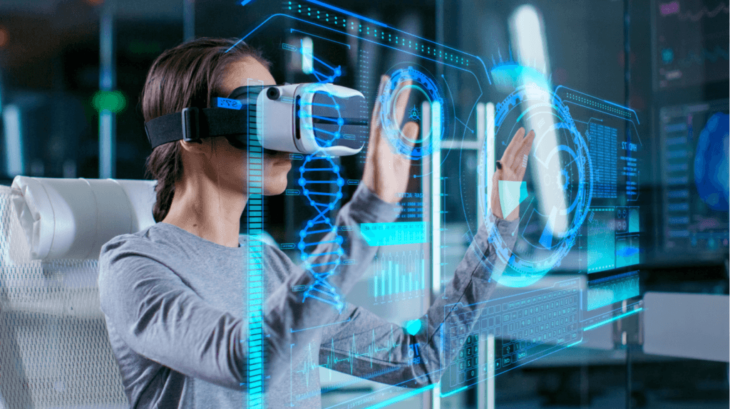Human life has seen a lot of changes since the arrival of technology in every sphere of the world. Nowadays, we cannot imagine our life using such advancements. Technology plays its role in every sector, from communication to the pharmaceutical industry. Various innovations in the medical field have ensured better treatments for patients. Apart from this, it has also improved the productivity of the working professionals.
The pharmaceutical industry faces numerous challenges regularly, but every operation tends to get smooth when technology comes into play. There are different types of technologies that aid the medical department in improving its financial, organizational, and clinical results. These technologies include AR-VR, Machine learning, Digital apps, Artificial Intelligence, Blockchain, The Internet of Things, and 3D printers.
People working in the pharmaceutical industry just as specialists, innovators, and officials are aware of the problematic potential. They are exploring different avenues regarding a wide scope of advanced drives. It isn’t so natural to figure out what drives to increase and how, as they are as yet hazy to picture what advanced achievement will resemble in a long time.
Let us talk about different ways in which technology has played a major role in improving the medicinal industry.
Contents
1. Telecare:

Source: mresence.com
Telecare implies providing aid to patients to communicate digitally to deliver healthcare services at their place. There are many benefits of telecare. The biggest advantage is that the patient does not need to visit the physician for treatment. The patients can immediately interact with the doctors through telecare technology and consult. It not only saves time for sick people but also helps in saving unnecessary expenses.
This is one such innovation that is not only helping the operations run smoothly but also provides better health care to the sufferers. However, it is still transforming and working on its improvement. If you are also looking for such innovative solutions, you should consider checking out Resilience.com.
2. Artificial Intelligence:

Artificial Intelligence (AI) is being utilized in the medical field to make better drugs with the assistance of patients who are tackling various medical problems. Simulated intelligence helps organic chemists engage with the examination work by doing basic assignments and saving them time and energy.
This implies that scientists can concentrate on thinking of better than ever chemical formulas for making drugs. Researchers are likewise working with AI innovation to view new strategies for new medications as designed and regulated.
3. E-prescription:

Source: bain.com
E-prescription, a huge piece of electronic medical care records, is one of the manners in which doctors meet the reasonable consideration act rules. Inverse to regular assessment, e-prescription is advantageous to medical care suppliers and drug stores. Drug specialists can set aside time and cash by utilizing e-prescription. Transferring patients from optional to essential care on time is basic for guaranteeing smooth patient treatment.
This additionally supports the counteraction of blunders brought about by misconception. A few emergency clinics put resources into e-prescription programs. An electronic solution structure is utilized to improve clinical remedies and their distribution and management. This has supported emergency clinics in lessening drug blunders in certain occurrences, hence working on patients’ wellbeing.
4. Bar code identification:

Source: gs1us.org
When combined with an e-prescription program, bar code identification can help reduce various errors made by the drug administration. However, healthcare service providers avoid bar code identification of medicines in multiple situations because they find it way too time-consuming. But this important element should not be avoided because it also helps keep the medical history of a sick person. This medical record can be utilized by professionals whenever required.
4. 3D printing:

Source: fabrx.co.uk
These days 3D printing is becoming so popular as it is being used in many fields. Medical experts are using 3D printing technology to model various organs with the help of bioprinters. Scientists plan to use these 3D-printed organs for transplanting and for different purposes in the coming years. This innovation is all set to eliminate the lack of organs that the patients require for transplanting when their original organs fail to work.
5. AR-VR:

Source: elearningindustry.com
AR-VR has a great deal to add to the drug business, as organizations battle to connect with specialists and exploration timetables turn into a tornado of an ever-increasing number of studies. With their capacity to make a dazzling virtual world with minute subtleties, AR and VR are promising advances that can oblige a wide scope of requirements of the medicinal industry.
AR-VR innovations can grow up to this point for drug-target cooperation expectation studies. VR can expand the productivity of the pre-improvement periods of medication by empowering researchers to all the more likely envision the communications and, consequently, upgrade and yet again engineer particles as per site determinations.
6. Obalon Balloon System:

Source: mpo-mag.com
Another such great system that is made for the welfare of the patients is the obalon balloon system. But what does it do? This is a system specially designed to help sick people lose weight. These balloons are filled with saline and are inserted or swallowed by the patients. The whole process usually takes place in a person’s stomach, which makes him eat less and lose weight.
For up to 3 months, three different balloons are used in this system. After the end of six months, with the help of endoscopy, these balloons are extracted out from the patient. This system is a successful method of bringing various lifestyle changes in a person. It will completely change the exercise and diet routine of the patient. This technology is best for people who are facing multiple health issues due to their increased weight or obesity.
To Sum Up
Technology has become an important part of our lives. It plays a role in various sectors such as transportation, communication, healthcare services, etc. When it comes to supporting the pharmaceutical industry, multiple innovations come into play, including Artificial Intelligence, e-prescription, bar code identification, Obalon Balloon System, and AR-VR. Check out the points mentioned above to study them in detail.
